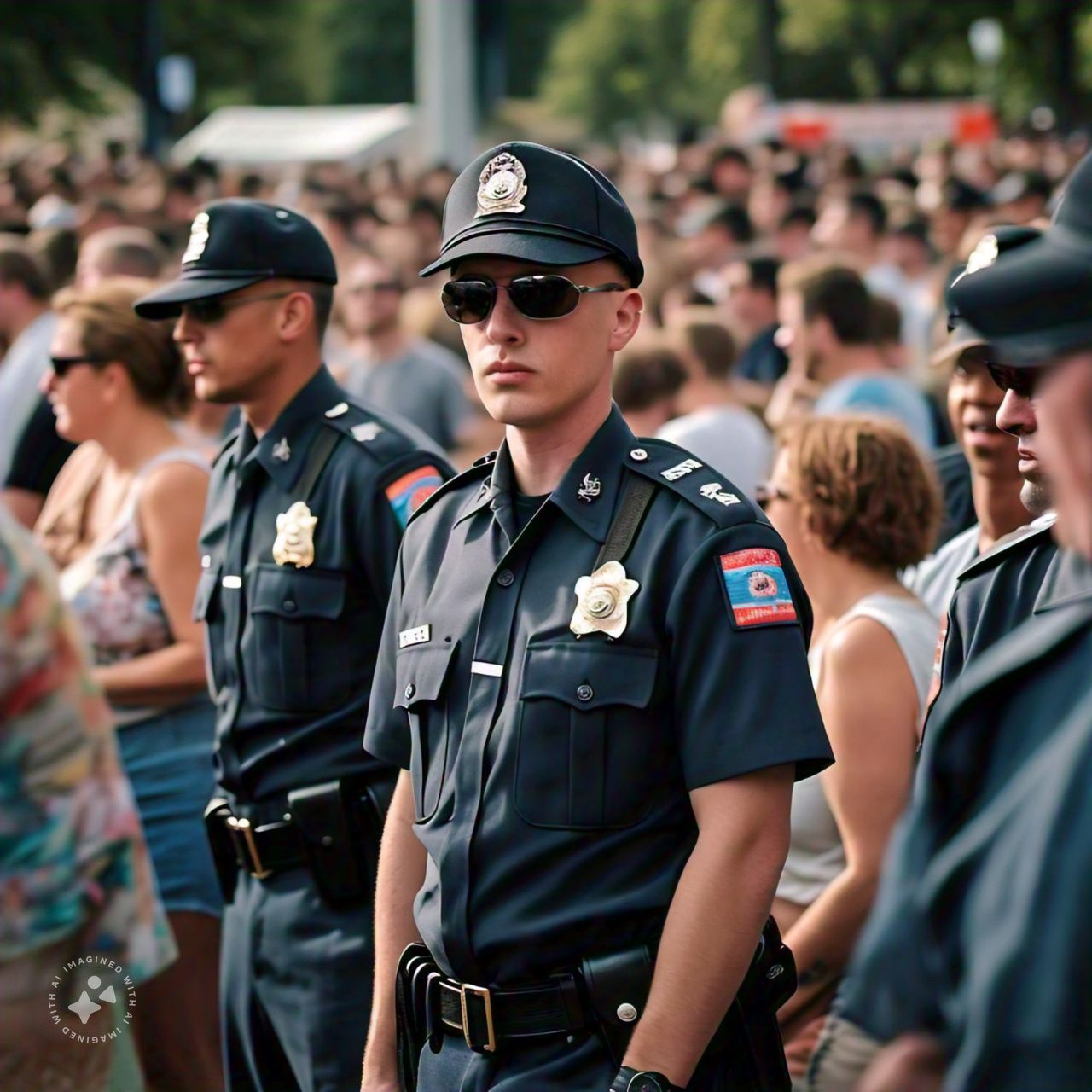What Security Guards Can and Cannot Do
Security guards play a vital role in maintaining safety and order across various environments, from construction sites to corporate offices. However, their authority has certain limitations. Understanding what security guards can and cannot do is crucial for ensuring they operate within the legal framework and provide effective security services without overstepping their bounds. This article will outline the specific powers and restrictions of security guards, highlighting their role in different scenarios.
What Security Guards Can Do
1. Enforce Property Rules and Regulations
Security guards are authorized to enforce the rules and regulations set by the property owner or manager. For instance, they can ensure that only authorized personnel enter a construction site or that visitors adhere to the policies of a corporate office. Their role is to maintain order by upholding these rules and responding appropriately when they are violated.
2. Conduct Surveillance and Patrols
Security guards are often tasked with conducting regular patrols and surveillance to monitor the premises they are assigned to protect. This may involve patrolling a construction site, monitoring CCTV cameras, or conducting security checks. These activities are crucial in preventing unauthorized access, vandalism, and other security breaches.
3. Detain Individuals for Law Enforcement
While security guards do not have the same powers as police officers, they can detain individuals if they witness a crime being committed on the property they are securing. This is often referred to as a “citizen’s arrest.” The guard must immediately contact law enforcement to handle the situation, as they do not have the authority to hold individuals for extended periods or conduct official investigations.
4. Respond to Emergencies
Security guards are trained to respond to various emergencies, including medical incidents, fires, and security breaches. They can administer first aid, coordinate with emergency services, and evacuate premises if necessary. Their quick response can prevent further harm and ensure the safety of everyone on site.
5. Provide Customer Service
Beyond their security duties, guards often serve as a point of contact for visitors, offering assistance such as directions or information about the premises. This dual role enhances the overall experience for visitors and ensures that security personnel are approachable and helpful.
6. Use Reasonable Force
Security guards are permitted to use reasonable force when necessary to protect themselves, others, or property. This may include restraining an individual who poses a threat or preventing someone from causing damage. However, the level of force must be proportionate to the situation, and excessive force is strictly prohibited.
What Security Guards Cannot Do
1. Arrest Without Cause
Security guards do not have the same authority as police officers and cannot arrest individuals without a valid reason. They can only detain someone if they have witnessed a crime or have a strong suspicion that a crime is about to be committed. Any form of unlawful detention could lead to legal consequences for both the guard and the employer.
2. Conduct Searches Without Consent
Security guards cannot search individuals or their belongings without consent. While they can request to search a bag or vehicle, the individual has the right to refuse. If there is a strong suspicion of criminal activity, the guard should contact law enforcement rather than attempting to conduct a search themselves.
3. Carry Firearms Without Proper Licensing
In Australia, security guards cannot carry firearms unless they have the proper licensing and training. Even with a license, the use of firearms is typically restricted to specific high-risk environments, such as cash-in-transit services. Most security guards are equipped with non-lethal tools, such as batons or pepper spray, to protect themselves and others.
4. Use Excessive Force
While security guards can use reasonable force, they are prohibited from using excessive or unnecessary force. This includes physical violence that goes beyond what is necessary to restrain or remove a threat. Security guards must always act within the bounds of the law, and any use of force must be justified and proportionate to the situation.
5. Conduct Investigations
Security guards are not detectives and do not have the authority to conduct investigations. While they can gather information and provide reports to law enforcement, they cannot interrogate suspects, collect evidence, or pursue leads in a criminal case. Their role is to observe, report, and support law enforcement when needed.
6. Engage in Discriminatory Practices
Security guards must treat all individuals fairly and without discrimination based on race, gender, age, or other protected characteristics. Discriminatory practices, such as targeting individuals based on their appearance or background, are not only unethical but also illegal. Guards must perform their duties impartially and with respect for all.
Conclusion
Security guards are essential in maintaining safety and security across various sectors in Australia. However, their powers are limited by law to ensure they do not overstep their bounds. Understanding what security guards can and cannot do helps ensure they operate effectively within the legal framework, providing protection while respecting the rights of individuals.
For more information on our comprehensive security services, visit our main security services page. Learn more about our specialized services, such as construction site security, electronic security, and static security to see how we can support your security needs. For more post visit here


